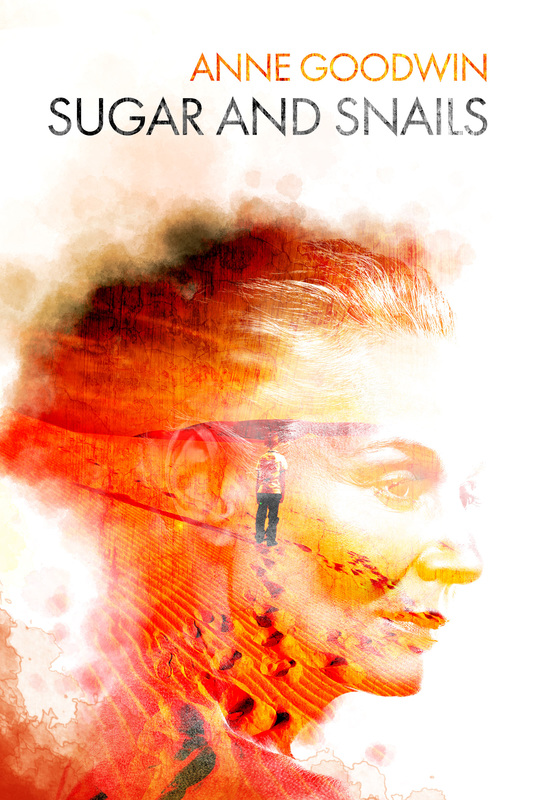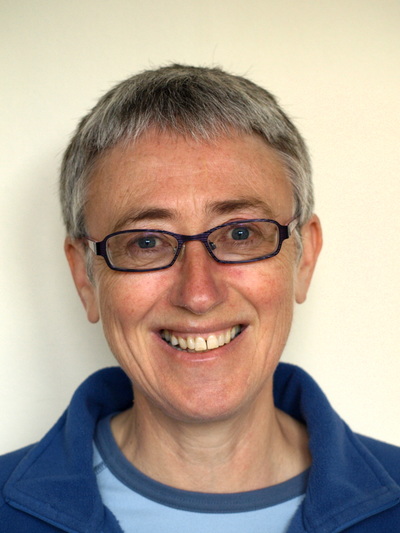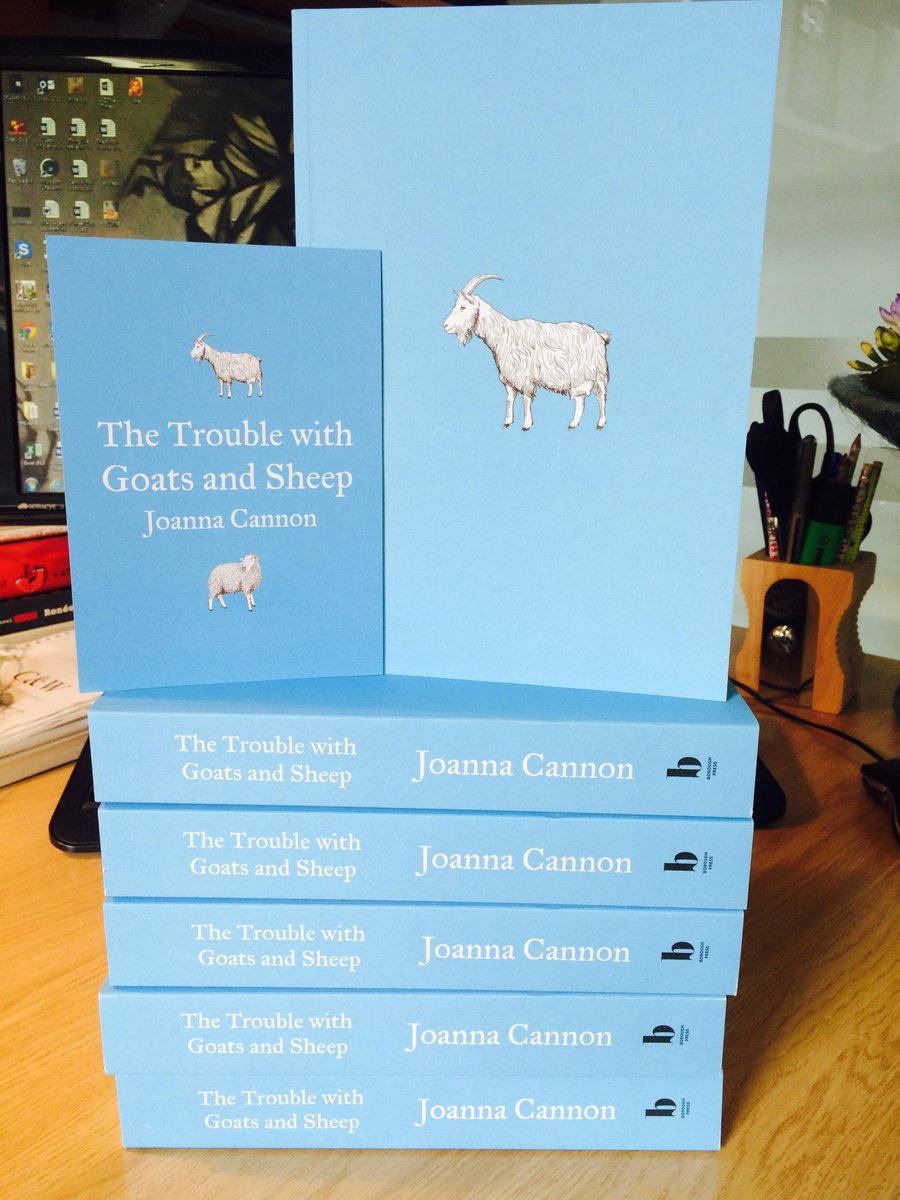I'm surfacing from a few busy weeks to talk about Anne Godwin's debut Sugar and Snails which will be published on 23rd July in paperback and ebook. I spoke to Anne about writing and the inspiration behind her novel.
When did you know that you wanted to write?
When did you know that you wanted to write?
I’ve been making up stories for as
long as I can remember, telling them to my sister or writing them down. When I
was at university, I submitted a couple to magazines, and even won a national
travel writing competition, but I was much too self-conscious and secretive
about my writing at that stage to elicit the feedback that’s vital to
developing one’s skills. It wasn’t until I hit a bad patch in my life a good
twenty years later, and had to examine my priorities, that I could admit how
important it had always been to me and commit to the long process of discovering
if I had it in me to produce a novel worthy of publication.
Were
you a big reader as a child? If so, what books did you like?
Definitely! There was a period
when I was about eight years old when I went partially deaf, but I really
didn’t mind because it made it easier to shut out the noise of a large family
and concentrate on my books. I liked Enid Blyton of course (my loyalties were
with the Famous Five rather than the Secret Seven); Richmal Crompton’s William
series (although looking back now, it’s hard to see why, as I didn’t identify
with any of the characters); and the Australian writer, Ivan Southall. In my
early teens I moved on to Agatha Christie (Miss Marple in preference to Hercule
Poirot, though I probably devoured the whole lot) and Baroness Orczy for the
Scarlet Pimpernel series. Then, through school, I was introduced to Jane Austen
and the Brontës at about age fourteen.
What
is Sugar and Snails about?
It’s about a woman who’s never
felt comfortable in her skin, always conscious of not being the person she
feels – or others make her feel – she ought to be. In adolescence, she thinks
she’s found a way of bridging the gap, but her solution brings its own problems
as she feels compelled to keep her past life a secret. Although the particular
path she takes is quite unusual, I think (hope) that her emotional journey is
one with which many readers will connect.
How
does your background as a clinical psychologist inform your writing? Were you
conscious of a need to strike a balance between explaining enough and
explaining too much when writing about Di's career?
Over twenty-five years as a
clinical psychologist, I’ve been privileged to connect with people at a
particularly vulnerable, and often particularly interesting, point in their
lives. Of course, I could never repeat stories shared with me in confidence,
but it’s given me a solid foundation for creating characters with emotional
depth. Years of practice constructing a narrative that makes sense of someone’s
foibles in the context of their life experience has also proved a good
apprenticeship for writing character-based fiction but, of course, I’ve had to
throw away the terminology of clinical reports.
As an academic psychologist, Di is
quite sceptical about clinical psychology and messy feelings which can’t be
measured. I didn’t set out to make her a psychologist, but I wanted her to work
in a large organisation, so put her in a university that was fairly familiar to
me. I gradually realised that making her a specialist in adolescent development
could provide the reader with insights into her own adolescent predicament from
which she herself was detached. (As a recipient of psychological services in
childhood, a fascination with the technology served to distance her from the
painful emotions.) Because she lacks confidence in the validity of her own
perceptions, she tends to filter her experiences through psychological theory.
Rather less of this showed up in the later drafts, however; partly because it
entailed too much “explaining” and partly because it no longer seemed necessary
to the story. I suppose it’s up to readers to decide whether the balance is right
for them.
 Carol
Shields is credited with saying, 'write the book you want to read, the one you
cannot find.' Is Sugar and Snails the kind of book you would like to read but
haven't been able to find?
Carol
Shields is credited with saying, 'write the book you want to read, the one you
cannot find.' Is Sugar and Snails the kind of book you would like to read but
haven't been able to find?
I’d readily follow any advice put
forward by Carol Shields, but I do think it’s impossible to tell if the book
you’ve written is one you’d like to read. But Sugar and Snails has many of the
elements I look for as a reader, with an emotional undercurrent that resonates
for me personally while showing me a way of being in the world that’s so
different to my own. I’m also drawn to characters who, like Diana, encompass
contradictions – being both ordinary and extraordinary, competent and
vulnerable – because that’s what I see in real life.
Your
next novel, Underneath, is about a man who keeps a woman imprisoned in his
cellar. It sounds terrifying. What made you decide to write this particular
story, and when will we be able to read it?
Because I became engrossed in the
narrator’s rationalisations for his actions, I sometimes forget how ghastly the
premise of this story is. My initial idea was to see if I could write about the
terror of being totally dependent upon another person who can’t be relied upon
(which would have been the captive’s experience), but it morphed into a story
from the other side. I get very frustrated by media reports of violent crime
being “explained” by the perpetrator being diagnosed with a mental illness
(when, in fact, people with such diagnoses are more likely to be the victims of
crime). Underneath is partly my answer to that by showing an ordinary(ish)
man’s gradual unravelling through his attempts to deny what he’s lost.
I started writing Underneath after
completing my second draft of Sugar and Snails (thinking it was finished, but
it was far from it), and would alternate between the two novels over the next
few years, not knowing would get published first – or indeed if either of them
would get there. I don’t yet have a date for Underneath as yet, but I’m not in
any particular rush: I want to make sure I can apply all I’ve learnt through
the process of publishing its older sibling.
Thanks for your interesting and informative answers Anne, and all the very best with Sugar and Snails.
Thanks for your interesting and informative answers Anne, and all the very best with Sugar and Snails.








